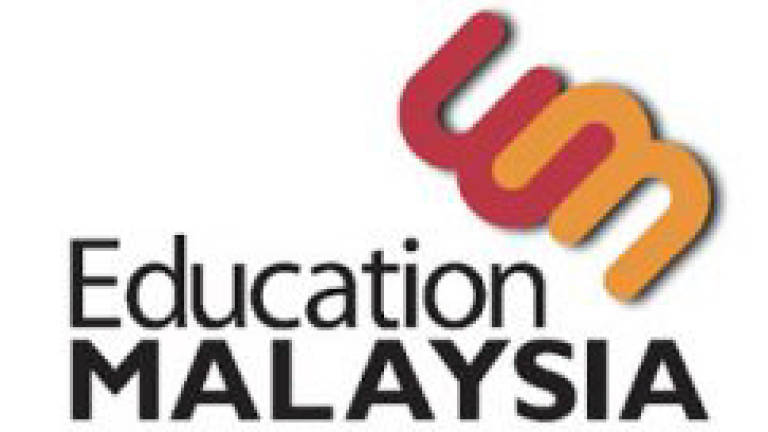EMGS, EURAS ink MoU on academic mobility and research

KUALA LUMPUR: Education Malaysia Global Services (EMGS), the international promotion arm of the Higher Education Ministry, signed a memorandum of understanding (MoU) with the Eurasia Universities Union (EURAS) in Istanbul, Turkey, last Thursday.
The MoU would pave the way for significant collaboration between Malaysian higher education institutions and universities within the EURAS network, particularly in student and academic mobility and research, said EMGS in a statement made available here today.
EURAS, a union of 90 universities from all across west and central Europe, Balkans, Caucasus, Middle East and Asia, is the platform for cooperation, educational development, and cultural flows.
The MoU was signed by EMGS chief executive officer, Prof Datuk Dr Rujhan Mustafa and EURAS president, Dr Mustafa Aydin. It was witnessed by Malaysia's Higher Education Minister, Datuk Seri Idris Jusoh.
The minister said: "To compete in the global workforce, it's now all about skills, not just degrees. We cannot underestimate the importance of student mobility programmes – the significance of cross-border and cross-cultural learning and experience in learning spaces that are foreign to our own".
Idris said mobility programmes would equip students with multicultural understanding and experience, interpersonal communication skills, independence, and confidence – skills which will provide the competitive advantage to be employable in the global economy.
"We need to bridge quality and standards of higher education across regions for a more seamless collaboration. Malaysian institutions have long-standing partnerships with many universities in the UK, Australia, the US, Asia and with the collaboration with EURAS, partnerships will stretch wider – Balkans, Central Europe and other countries in the EURAS network.
"Through inter-institution collaboration, we have opened opportunities for students to study on both campuses and earn degrees from both universities.
"Our institutions too have hosted students from all over the world on shorter mobility programmes. Our truly Asian culture, historical and geographical diversity, the hospitality of our people and reputable and quality institutions make Malaysia an ideal partner in education," said Idris.
The minister cited Turkey as an important partner for Malaysia on waqf (charitable endowment) revival in higher education.
"We are looking at waqf as the third economic sector. Waqf will ensure the financial sustainability of the higher education industry," he said.
Malaysia's higher education system ranks 25th in the world, 11 of its subjects rank in the top 50 and 42 subjects in the top 100 in the world (QS World University Rankings by Subject, 2017) and five of its universities rank in the top eight in the ASEAN region.
Friendly immigration laws have made it possible for a Visa Approval letter to be issued within 14 days, making it relatively easy for students who qualify to enter and study in Malaysia.
Malaysia ranks number one, alongside Germany for internationalisation in higher education, and is the 12th most preferred education destination in the world.
Idris also met with a group of 50 Malaysian students studying in Turkey, visited several universities in the capital city, and met with over 25 Malaysian Alumni, the majority of whom are graduates of the International Islamic University Malaysia (IIUM) from as far back as the early 1990's.
"I am happy to see that they are successful in their respective fields such as in education, media, information technology and business. They still speak Bahasa Malaysia and they say they miss our durian, nasi lemak, and roti canai, but mostly, our people," he said.
For information on studying in Malaysia, visit www.educationmalaysia.gov.my. — Bernama